FAQs
Can I go on vacation while being a CASA volunteer?
Yes, we understand, respect and support that CASA volunteers lead lives that are filled with activities outside of CASA. All CASA asks is that you communicate your taking a vacation with your program manager and peer supervisor as well as the youth you are visiting. You do not have to give any details about your trip, only the time that you will be absent and when you will be back. This gives the youth something to look forward to and a certainty that you will be back. It also allows your peer supervisor and/or program manager to support your CASA youth in your absence should something come up. Some CASA volunteers have sent postcards and even kept in touch with their CASA youth while on vacation but this is not a requirement.
Do youth request their own CASAs?
Yes, they do. Most of the requests for a CASA come from the youth’s support team, such as therapists, social workers and attorneys. Most of the time, these support team members discuss the request with the youth and make them aware of what a CASA is and the youth accepts. The older youth (15-21), do however on occasion make their own requests to have a CASA.
What do I do during a first visit?
During the first visit the expectation is to meet with the youth for about 30 minutes and get to know him or her. This can be achieved by sitting and talking with the youth or playing or other activity the youth may enjoy. Part of the first visit will be talking with the caregiver to find out any allergies, ask about youth’s interests and establish time and days for have future visits. The visit can take place in the youth’s home or place that is near their home.
**During COVID times, first visits and visits in general may be virtual. Please look at the section within Advocate Corner that talks about activities for ideas of what these can be. The same goal however remains which is to get to know the youth and establish certain details with the caregiver.
Do I have to attend court?
CASA expects our CASA volunteers to attend any and all meetings they can. CASA also understands that CASA volunteers may not always be available to attend and therefore, it is not a requirement but a request for our CASA volunteers to be present. What is a requirement is for our CASA volunteers to write a CASA court report for each hearing that needs one and turn it in on time to their peer supervisor and/or program manager. Youth are not always present at hearings, due to school or other obligations and having a CASA Court report, makes sure that the youth’s voice is heard. Having a CASA volunteer in court, can in addition answer any questions the judge or others may have about the report or clarify should anything come up during the hearing in which the CASA volunteer may have an insight.
How do I get matched with youth?
Once a CASA volunteer is ready to be matched, he or she will have had some communication with their peer supervisor and/or program manager regarding any preferences or concerns, the CASA may have. Based on the discussion regarding the CASA volunteer’s preferences and availability of volunteer and program manager, a meeting is set in which the program manager will show two CASA files. Each CASA file represents a case open in court for a youth. The CASA volunteer is expected to review the files and make the final decision as to which youth they would like to be matched. If the CASA volunteers cannot make a decision or does not want to be matched with either youth, the program manager and CASA volunteer would then have a discussion to resolve any issues and discuss plan moving forward.
What happens after the case ends/I stop being a CASA for a youth?
Before a case ends for a CASA volunteer, they will have been informed of this in advance. It is then that the CASA volunteer and peer supervisor or program manager discuss the next steps. One of the steps is for the CASA volunteer to have a final meeting wit the youth to provide closure. It is at that time that CASA volunteer and youth may decide to continue some relationship and if so, then after the case ends the relationship can be one of family friend as the role of CASA will have ended at that time. Once the last visit as a CASA has taken place, the program manager or peer supervisor schedules an interview with the CASA volunteer to discuss their participation with the case.
**One thing to note: if CASA removes the CASA volunteer for reasons regarding issues with the volunteer and the program, then there will be other steps that need to be followed.
How often and how many trainings does CASA offer for volunteer candidates?
CASA offers 4 trainings in English and one if Spanish.
Can I be a CASA if I don’t drive or have a car?
Yes, however you need to be aware that the only forms of transportation you can take in this situation will be a train or a bus or walk.
What happens if the parents/caregiver are resistant to a CASA volunteer?
In the instance that a parent is not allowing visits or communication becomes challenging, the best thing to do is to notify the peer supervisor and program manager of the issue. Sometimes, it can be a matter of the program manager calling and speaking with the parent or caregiver and explaining the program further to clarify and at other times, the aid of the youth’s attorney or social worker may be required to help the issue. CASA volunteer and peer supervisor and/or program manager will discuss options and together determine what is best for all.
